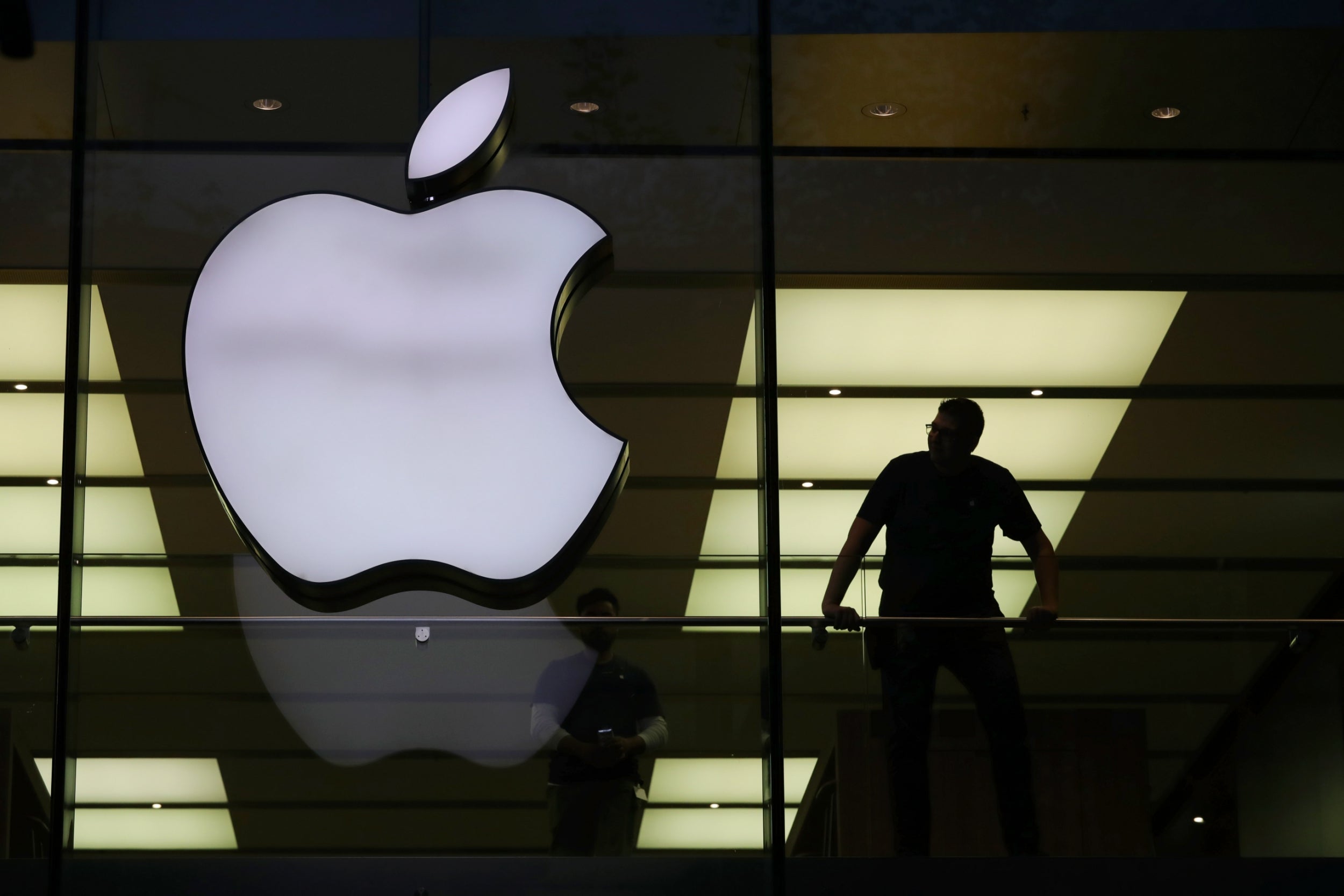Apple publishes human rights policy after criticism of relationship with Beijing
The company has been accused of censoring information at the behest of the Chinese government

Apple has published its “commitment to human rights”, a document that states the company is in favour of freedom of information and expression.
The move follows criticism that it acquiesces to the Chinese government with regards to censorship.
The document claims that Apple is “deeply committed to respecting internationally recognised human rights in our business operations”, basing its policy on United Nations principles.
“We conduct human rights due diligence to identify risks and work to mitigate them. We seek to remedy adverse impacts, track and measure our progress, and report our findings. We believe that dialogue and engagement are the best ways to work toward building a better world”, it continues.
When national law and international human rights standards “differ”, it says, Apple will aim to follow the higher standard.
When they are “in conflict”, the company says it will “respect national law while seeking to respect the principles of internationally recognised human rights.”
“We believe in the critical importance of an open society in which information flows freely, and we’re convinced the best way we can continue to promote openness is to remain engaged, even where we may disagree with a country’s laws,” Apple said.
Apple’s board of directors approved the policy, publishing it ahead of a shareholder meeting on 5 September, according to the Financial Times.
In February, shareholders called on Apple to publicly commit “to respect freedom of expression as a human right”.
The iPhone manufacturer has been criticised for being “all too willing to collaborate with the [Chinese Communist party],“ according to United States Attorney General William Barr.
“America’s big tech companies have also allowed themselves to become pawns of Chinese influence.”
Barr claimed that Apple iPhones ”wouldn’t be sold (in China) if they were impervious to penetration by Chinese authorities”.
He suggested American tech companies were imposing a ”double standard”.
In 2019, Apple removed an app that enabled protesters in Hong Kong to track police, a day after facing intense criticism from Chinese state media.
It also hid the emoji of the Taiwan flag for iPhone users in Hong Kong and Macau.
In 2017, the company was criticised for removing virtual private network (VPN) apps, which had been disappeared from the App Store in China amid a crackdown from Beijing.
Virtual private networks are a way for Chinese citizens to bypass the country’s Great Firewall and access websites from around the world
Join our commenting forum
Join thought-provoking conversations, follow other Independent readers and see their replies
Comments
Bookmark popover
Removed from bookmarks